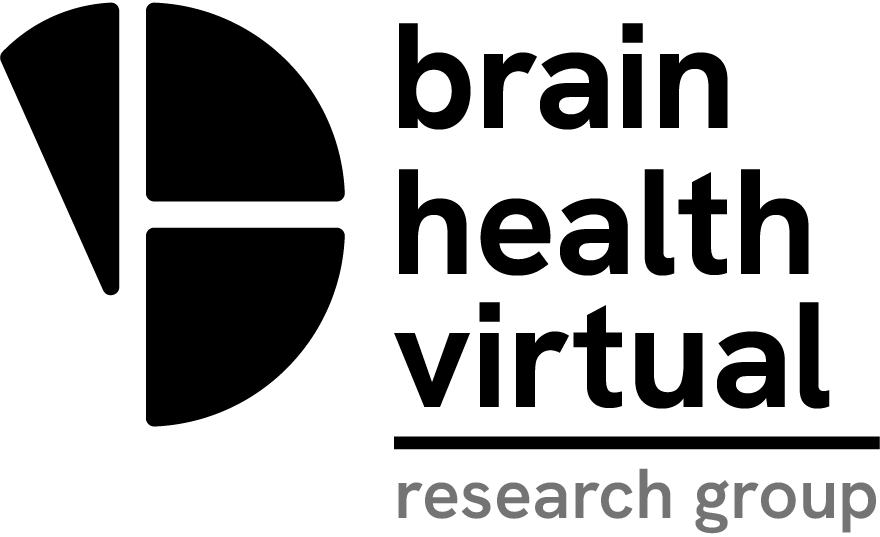
Activities of Daily Living captured through sensors and IoT technology emerging as potential digital biomarkers in the CERTH-ITI Smart Home study
Evaluating a person’s ability to perform everyday activities, known as Activities of Daily Living (ADLs), is crucial for the early diagnosis of Alzheimer’s Disease. Traditional assessment methods for ADLs may miss subtle changes in a person’s functional capabilities, making technology-based approaches more beneficial. Digital biomarkers, offer a promising path for research because they allow for unobtrusive and objective monitoring. The EU-funded project RADAR-AD explored the potential of mobile and digital technologies to improve the assessment of Alzheimer’s Disease leading to valuable observations.
In the context of the RADAR-AD project, our research paper published in Frontiers in Aging Neuroscience, outlines one of the project’s sub-studies conducted in CERTH-ITI’s Smart Home, a fully equipped building allowing the exploration of real-world scenarios and innovative ΙοΤ technologies. In total 36 individuals in different stages of cognitive decline participated in the study. Participants were invited to the Smart Home for a daily visit with an optional overnight stay. They were presented with a study protocol entailing a number of ADLs to be performed in the course of their stay. Fixed in-home sensors placed throughout the Smart Home’s facilities collected data as participants performed various tasks (like preparing a meal or a beverage).

Through the developed CARL visualization and analysis platform, it was feasible to compose these ADLs in the form of digital biomarkers with quantifiable features like Activity Duration. Data analysis showed that differentiation of the group consisting of cognitively healthy individuals was possible compared to participants with diagnoses of Subjective Cognitive Decline (SCD group) and Mild Cognitive Impairment (MCI group) based on their performances in the ADL tasks.

This constitutes an important finding conventional assessment (e.g., neuropsychological questionnaires) note no difference between groups of healthy controls and SCD individuals. Additionally, this reinforces the interest and need to include people in preclinical stages of dementia in research to further evolve and develop clinically relevant biomarkers.
Read the full paper: Grammatikopoulou M, Lazarou I, Alepopoulos V, Mpaltadoros L, Oikonomou VP, Stavropoulos TG, Nikolopoulos S, Kompatsiaris I, Tsolaki M, Assessing the cognitive decline of people in the spectrum of AD by monitoring their activities of daily living in an IoT-enabled smart home environment: a cross-sectional pilot study, Frontiers in Aging Neuroscience, Vol. 16, 2024, DOI=10.3389/fnagi.2024.1375131, ISSN=1663-4365

